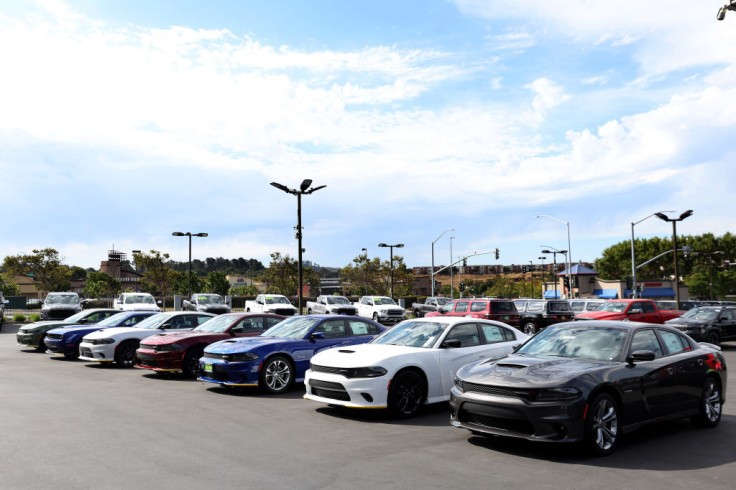Instead of blaming drivers, the newly unveiled strategic plan for autonomous cars revealed the UK government will hold autopilot-mode carmakers liable for their self-driving vehicles' road conduct.

The UK Announces a New Roadmap for Its Autonomous Car Deployment in 2025
The UK government's new plan for implementing a wide-scale deployment of autonomous vehicles in 2025, as reported by Tech Crunch, will hold self-driving car manufacturers accountable for their cars' behavior while in autopilot mode on UK roads.
The plan was unveiled by the British government while also announcing a the funding of $119 million, intended for AV initiatives. This was on top of the $41 million budget to achieve new legal and security standards through research.
According to the roadmap, a new law will strengthen existing rules and state that automakers are responsible for how their self-driving vehicles behave. Therefore, when a car is in authority to drive, a motorist would not be accountable for mishaps that arise.
In 2017, a pedestrian was murdered by an autonomous Uber test car, leading to the negligent homicide with a dangerous instrument allegation against Uber's human safety operator. Similarly, in 2019, an autonomous Tesla car was involved in a fatal accident where the driver was charged with reckless driving with gross negligence instead of the manufacturer. In a society where vehicle accident accountability is still debatable, UK's initiative may set an example.
The UK aims to profit from the expanding AV sector, which it places a $50 billion value, aside from implementing regulations to safeguard the safety of self-driving vehicles. It believes that the growing industry could give careers to 38,000 new employees.
However, current laws prevent British drivers from using Tesla's advanced driver assistance system (ADAS), which has various autonomous driving features. Regardless, it is anticipated that the new law would permit ride-hailing, delivery, and public transportation in addition to improved ADAS.
Read Also: Facebook Messenger Flaw Allowed Attackers to See Who You Had Conversations With
Australian Bank to Stop Financing New Diesel and Gasoline Cars to Grow Its EV Industry
As Australia strives to promote the use of electric vehicles and catch up with other industrialized nations, a bank proposes to cease lending money for new diesel and gasoline automobiles, reports CNBC.
Sasha Courville, Bank Australia's chief impact officer, says the switch to electric automobiles must happen fast, thus, the bank will stop supporting new fossil fuel vehicles in 2025. Courville said the bank thought it was possible to deliver more affordable electric cars to Australia if the proper regulations were in place.
After 2025, all new combustion engine vehicles that include hybrids will not be eligible for Bank Australia financing. The Australian government stated on August 19 that it would develop a National Electric Vehicle Strategy and invite feedback on a discussion paper.
According to the Australian government, the development of electric cars in that nation is progressing at a glacial pace. It also said that just 2% of new low-emission vehicles were adopted nationally, which is less than the worldwide average. To ensure that the nation does not keep lagging behind the rest of the globe in this respect, they contend that strong national leadership is necessary.
The UK wants to stop producing new diesel and gasoline cars, lorries, and vans by 2030, and all new vehicles must have zero tailpipe emissions by 2035.
Related Article: UK Plans to Roll Out Self-Driving Vehicles by 2025









